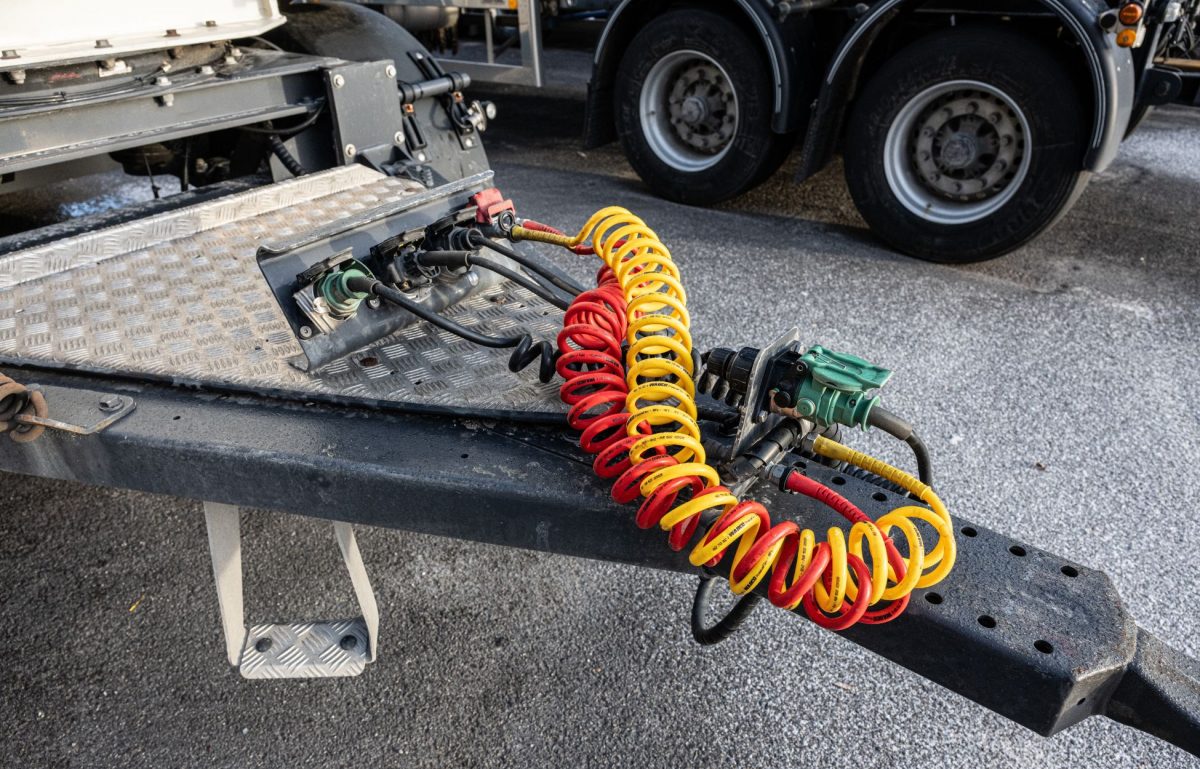When preparing for a road trip with your RV or truck, ensuring a proper connection between your vehicle and trailer is crucial. One key aspect of this setup is the type of connector plug you use. Understanding the most common connector plugs for trailer hookups can save you a lot of hassle on the road and ensure that your trailer’s lights and brakes function correctly. Discover which plugs you should be considering below.
The 4-Way Connector
The 4-way flat connector is perhaps the most widely recognized plug type and something that you’ll likely encounter. This connector is ideal for basic trailers, which require only lights and no brakes. A 4-way connector transmits tail light, brake light, and turn signal functions to the trailer. It’s an excellent choice for small utility trailers or a simple boat trailer that doesn’t have brakes and therefore does not require an additional power supply.
The 7-Way Connector
For people with larger trailers, the 7-way connector is the standard, especially for RVs and trucks that tow fifth wheels or larger cargo. This connector includes connections for the basic lighting and brake functions, a 12-volt power supply, and auxiliary functions, such as charging the trailer battery or powering additional interior trailer lights. Their capability to handle more complex systems means 7-way connectors are the go-to for ensuring everything from travel trailers to larger hauls is operating safely and effectively.
The 6-Way Connector
Sitting between the functionality of a 4-way and 7-way, the 6-way connector adds a few important features. It can provide auxiliary power to the trailer and is common for trailers with surge or electric brakes. The mid-range functionality makes it an ideal choice for many mid-sized trailers and those that need a bit more than basic light functions.
The 5-Way Connector
Like the 6-way, the 5-way flat connector is another upgrade from the 4-way. While it maintains the basic functions, it includes a fifth wire for brake control or backup lights, which is particularly beneficial for boat trailers with hydraulic brakes. It’s a step above basic but falls short of the full-service features that a 7-way connector offers.
Your choice of connector plug depends heavily on the size of your trailer and the complexity of its brake and power requirements. Having the right automotive connectors is important for many reasons, two of which are to protect your safety and comply with road regulations. Becoming familiar with the most common connector plugs for trailer hookups will help you ensure seamless, trouble-free adventures.













